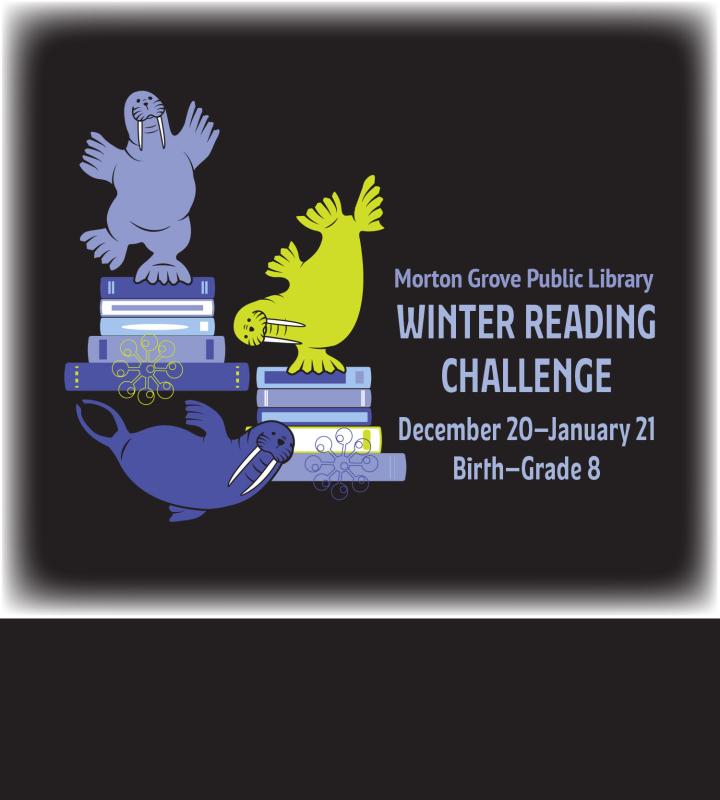Download & Stream
Access ebooks, audiobooks, streaming movies, and more:
The Palace Project (formerly Boundless)
Upcoming Events
Click on event for more details.
Read and earn prizes this winter! Stop by the Youth Services Desk starting December 20th to register, pick up your log, and get reading.
Birth to Grade 8
Listen to stories, sing songs, and more at this all-ages storytime!
Birth to Age 5 with a parent/caregiver
Disclaimer(s)
All participants should be accompanied by a parent or caregiver.
Due to the room capacity, attendance at drop-in programs is limited to 50 participants.
Listen to stories, sing songs, and more at this all-ages storytime!
Birth to Age 5 with a parent/caregiver
Disclaimer(s)
All participants should be accompanied by a parent or caregiver.
Due to the room capacity, attendance at drop-in programs is limited to 50 participants.
The League of Women Voters of the Palatine, Schaumburg, and Barrington Areas and various Illinois libraries are kicking off of our 2026 Civic Awareness Series, an event dedicated to the continued civic education and engagement of our pa
Drop in with your toddler for a variety of activities designed to build their motor skills and exercise their brains.
Ages 18-36 months with a parent/caregiver.
Disclaimer(s)
All participants should be accompanied by a parent or caregiver.
Film expert Kelli Marshall will explore Hollywood's most prestigious award show and its unexpected connections to Chicago. Hear tales of winners, nominees, and game-changers who hail from Chicago and its suburbs.
Disclaimer(s)
This event will be held using free Zoom software on your internet-connected device (computer, smartphone, or tablet). Registrants will receive an email the day before the event with instructions on how to join. See our Privacy Policy for library info on using third-party software.
Get to Know Our New Board Trustee, Iliana Gonzalez
At a special board meeting at the end of June, the Library Board appointed a new trustee to fill the seat of Trustee Laima Puzzo, who retired after seven years of service. We warmly welcome Iliana Gonzalez, whose term will run through April 2027.
Your life summed up
I was born and raised in Chicago, and recently moved to Morton Grove. I absolutely love it here! I have worked in education for most of my career and love working in Higher Education. We added a new pup to our pack this summer and have enjoyed all of the shenanigans of Sassy and Jett.
Reasons for wanting to be on the Library Board
I have been looking for meaningful ways to get involved and engage in the community. I also happen to really LOVE libraries and leadership opportunities. I couldn't have dreamt of a better combination and knew I had to throw my hat in the ring. Being a Trustee for any organization or company is a big responsibility. You're providing a special service representing an entire community and staff. It's an opportunity I am very excited about and I am eager to be of service and contribution.
Fun fact
I spent my childhood summers in Puerto Rico with my family and have loved keeping traditions alive through cooking traditional dishes like sancocho and most recently mastering homemade pan sobao!
Favorite place in Morton Grove
The first thing that came to mind were trees. I know that's not a place but the trees here are so beautiful! Okay so back to a real place: Burt's Pizza. Having been raised with all kinds of pizza and deep dish, their pepperoni is the absolute best!
Last thing you check out from the Library
Books and seeds!
Favorite book or movie
I absolutely love Professional Troublemaker by Luvvie Ajayi Jones








































